“Greece will not stop demanding the payment of German war reparations,” Foreign Minister Nikos Denias said on Tuesday on the occasion of the anniversary of the Kalavryta massacre.
Today we commemorate the victims of the Kalavryta Massacre by the German occupation forces on 13/12/1943. The execution of hundreds of civilians as well as the utter destruction of the historic town will never be forgotten. (1/2) https://t.co/abTz5NrlgI
— Nikos Dendias (@NikosDendias) December 13, 2022
In his Twitter post, Dendias wrote: “Today we commemorate the victims of the Kalavryta massacre committed by the German occupation forces on 13/12/1943.
The execution of hundreds of civilians and the complete destruction of the historic city will never be forgotten. Greece will never stop Greece will never stop demanding the payment of German war reparations as a minimum compensation for the suffering suffered by our country during the Second World War.”
Interestingly, while Prime Minister Kyriakos Mitsotakis has refrained from making statements about reparations for World War II, the Foreign Minister continues to raise the issue, now and then addressing his German counterpart, as he did last summer.
Attempts by previous governments to demand reparations for the Second World War were rejected by the German governments under the pretext.
In April 2019, by an overwhelming number of votes, the Greek Parliament adopted a resolution instructing the government to demand that the German side pay war reparations: 309.5 billion euros for World War II and 9.2 billion euros for World War I. In the amount of 107.2 billion euros, Greece has estimated compensation for the death and injury of people. The resolution notes that Greece has never abandoned its claims against Germany.
However, Germany rejects the demands of the Greek authorities. Allegedly, she fulfilled all obligations when she paid 115 million marks in 1960. According to the German political scientist, most countries will support Germany or simply remain silent.
Massacre in Kalavryta or “Greek Khatyn”
In November 1943, the German 117th Jaeger Division, consisting mainly of Austrians and Germans from Alsace, Romania and the Sudetenland, launched “Operation Kalavrita” with the aim of encircling the partisans in the vicinity of the city. During the operation, many German soldiers were killed, 78 of them were taken prisoner. According to the German command, all the prisoners were shot on the spot.
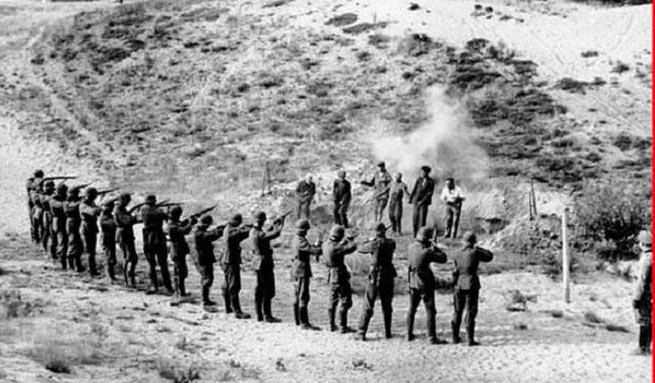
The German command decided to respond with cruel and massive repressions. The executions began from the coastal zone and then, deepening into the mountains on the way to Kalavryta, the Germans shot 143 people and burned a thousand houses in 50 villages.
Entering Kalavryta on December 13, 1943, the Germans locked all women and children in school, and gathered the entire male population over 13 years old on a hill above the city. After the looting of the city and its arson, mass executions took place.
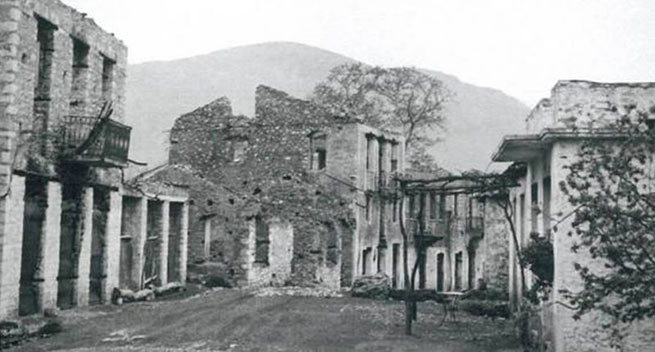
According to various sources, only 13 out of 488 hostages escaped because they were hidden under the bodies of the dead. The Germans then set fire to the city, but some women and children managed to escape from the fire and take refuge in the mountains.
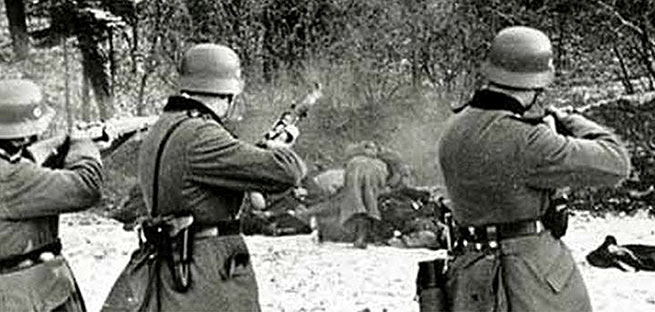
In total, during these repressions, according to the Greek historian Leonidas Blaveris, 1,436 people were killed. The German historian Hermann Mayer, based on Wehrmacht documents, gives a figure of 677 killed.
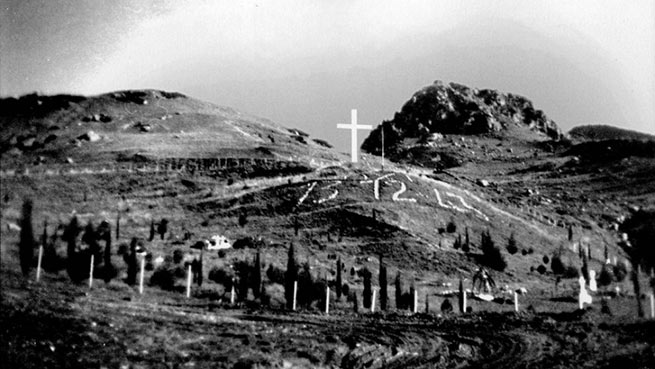
Referring to the source as “doubtful”, wikipedia describes the story of the “good Nazi” in this way: “There was one Austrian who disobeyed orders and opened the doors to a burning school, knowing that he was sacrificing his life so that women and children could escape. He was later executed for high treason, but the victims escaped.”
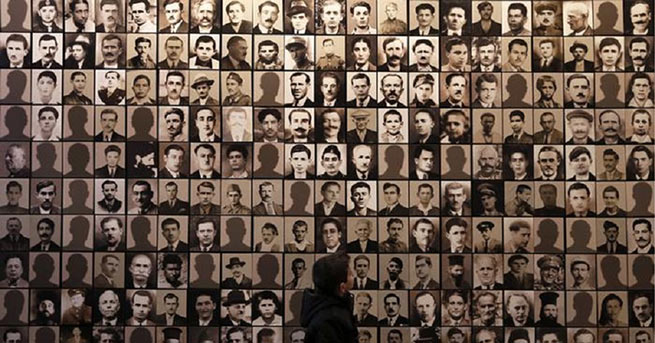
In total, during this operation, 28 communities were destroyed – cities, villages, monasteries and towns. In Kalavryta itself, about 1,000 houses were looted and burned, and more than 2,000 cattle were captured by the Germans.
Read more in the publication “Operation Kalavrita” – Greek Khatyn
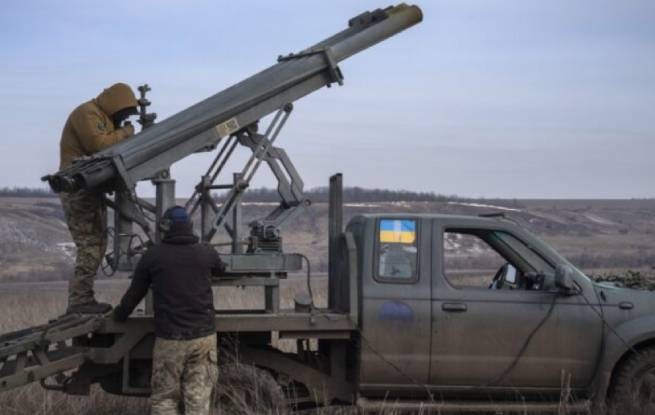
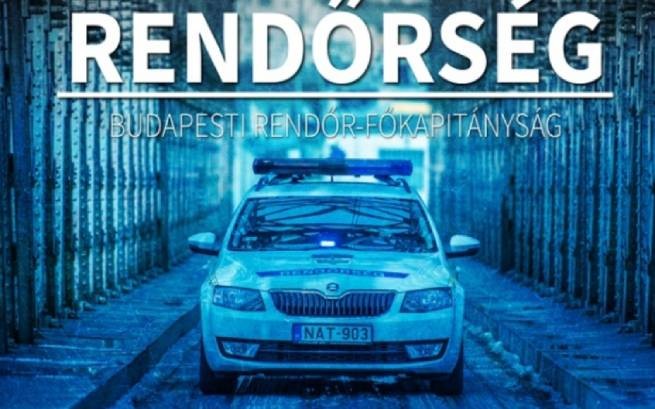



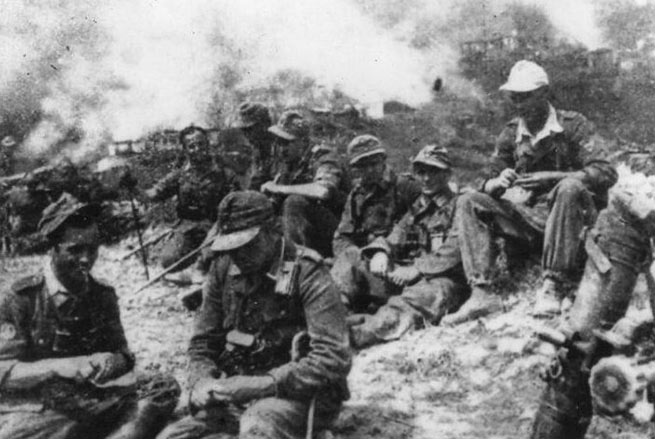

More Stories
Making a mockery of the Acropolis for the sake of tourism
How Plato spent his last night – what the found papyri showed
Eurovision 2024: the first rehearsal of Marina Satti in Malmö has ended